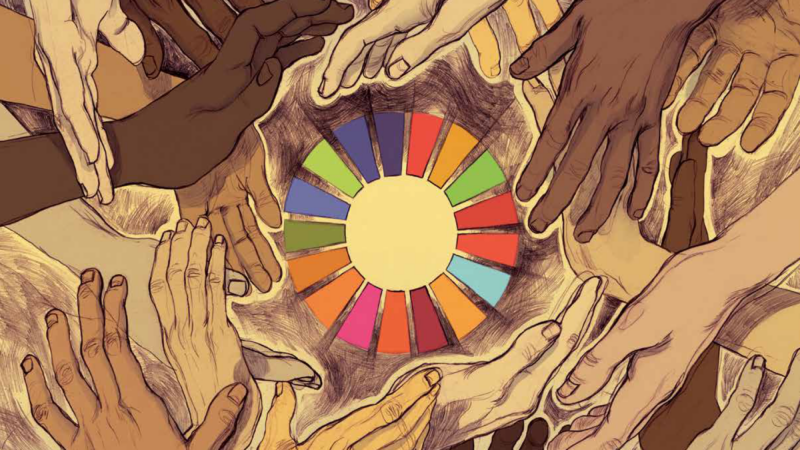ethiopia
Earth Day & Public Health: Unavoidably Connected
Each year on April 22nd, people and nations around the world celebrate Earth Day to raise awareness and promote action toward environmental protection and sustainability. Activities typically include community clean-ups and educational campaigns designed to promote sustainability in daily life.
The origins of Earth Day date back to the 1960s and a decade of growing enviro-consciousness brought about by the publication of Rachel Carson’s Silent Spring and a series of environmental disasters that climaxed with a devastating oil spill off the coast of California in 1969. Gaylord Nelson, a U.S. Senator from Wisconsin, organized the first Earth Day in 1970, when an estimated 20 million Americans took part in organized activities ranging from tree plantings to beach cleanups and teach-ins on college campuses.
Since those humble beginnings, Earth Day has become a global event – but amidst the tree plantings and landscape revitalization lies a subtle and yet direct connection between Earth Day and Public Health. Just as we depend on the natural environment for our survival, civilization creates and shapes a social and economic environment that greatly influences the health and well-being of our species.
